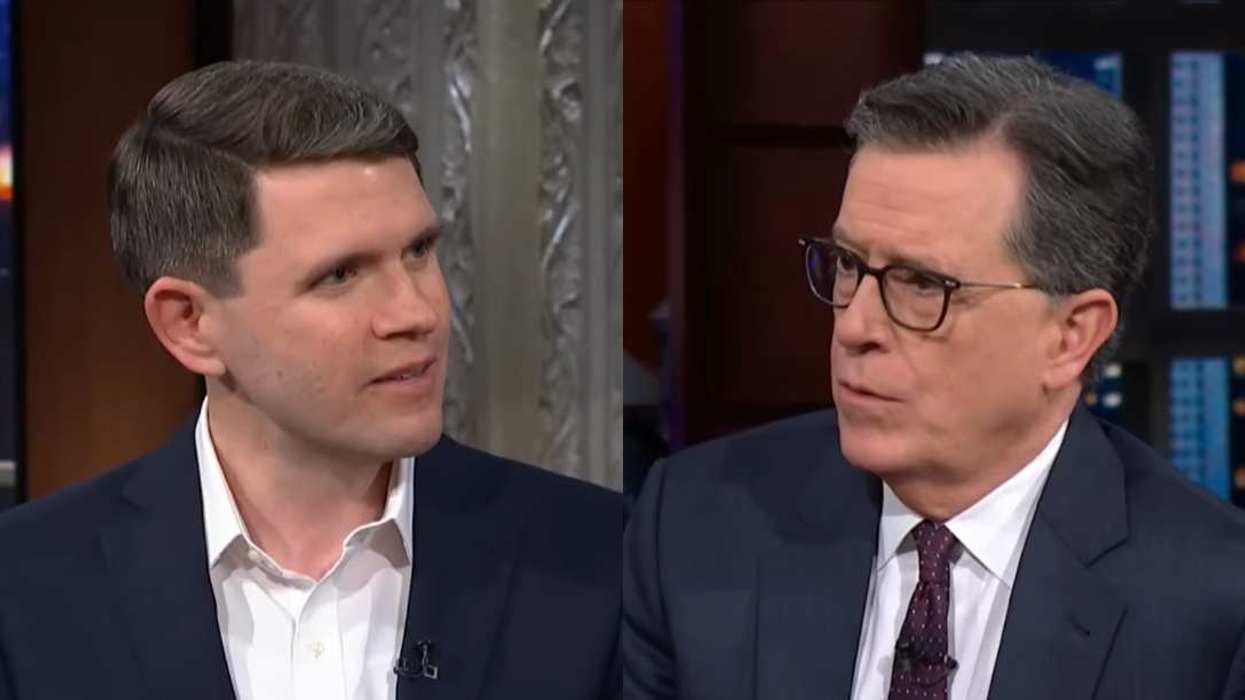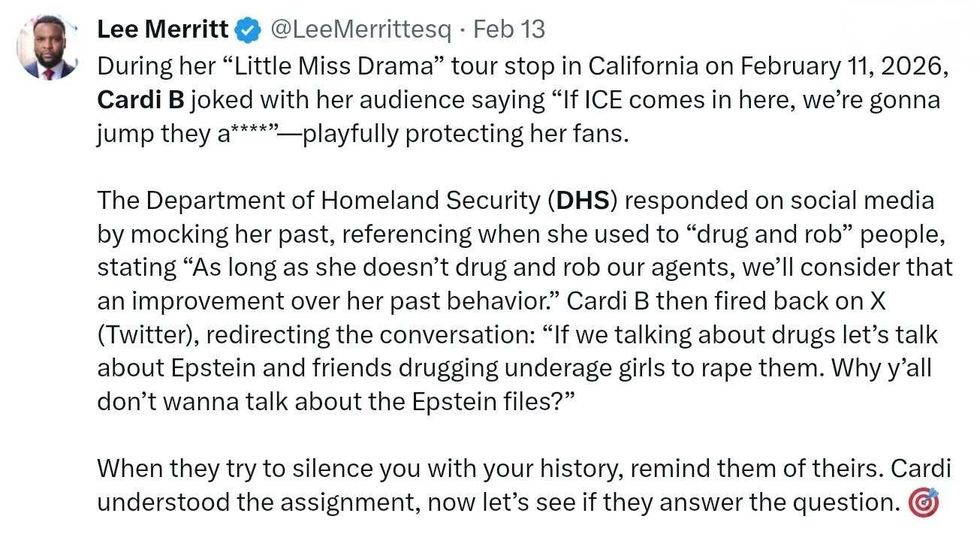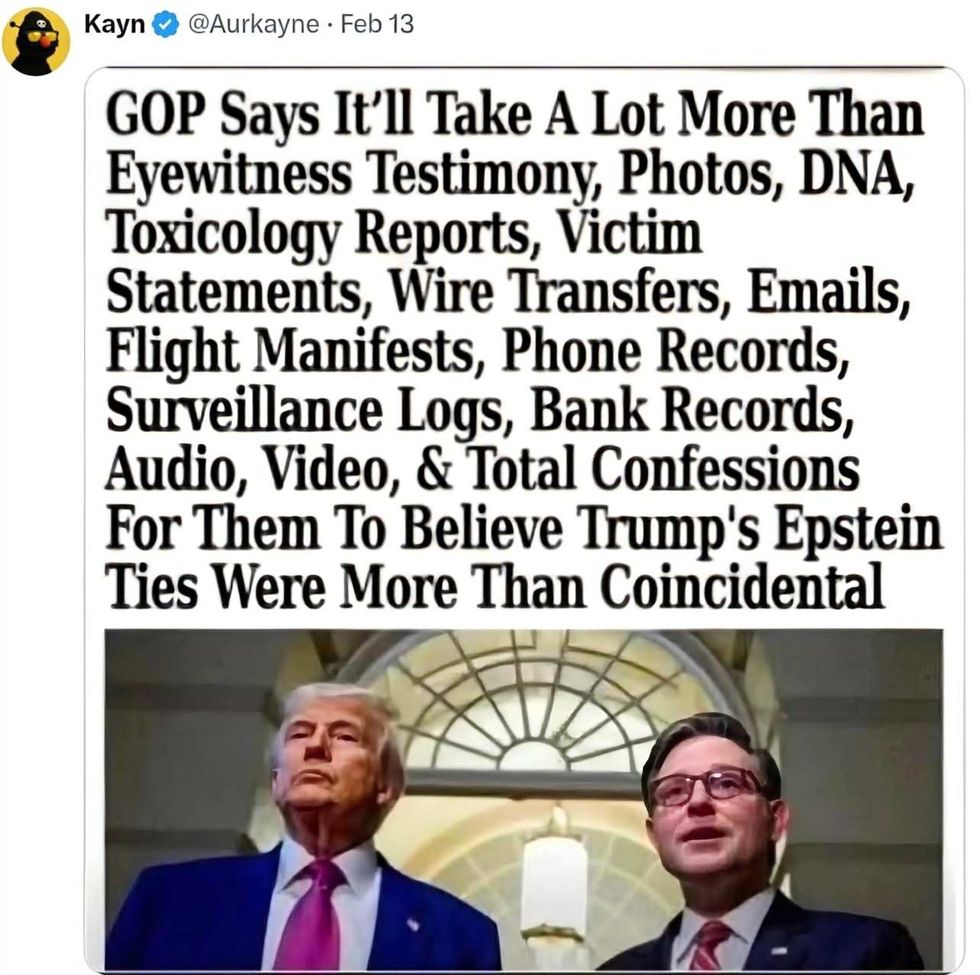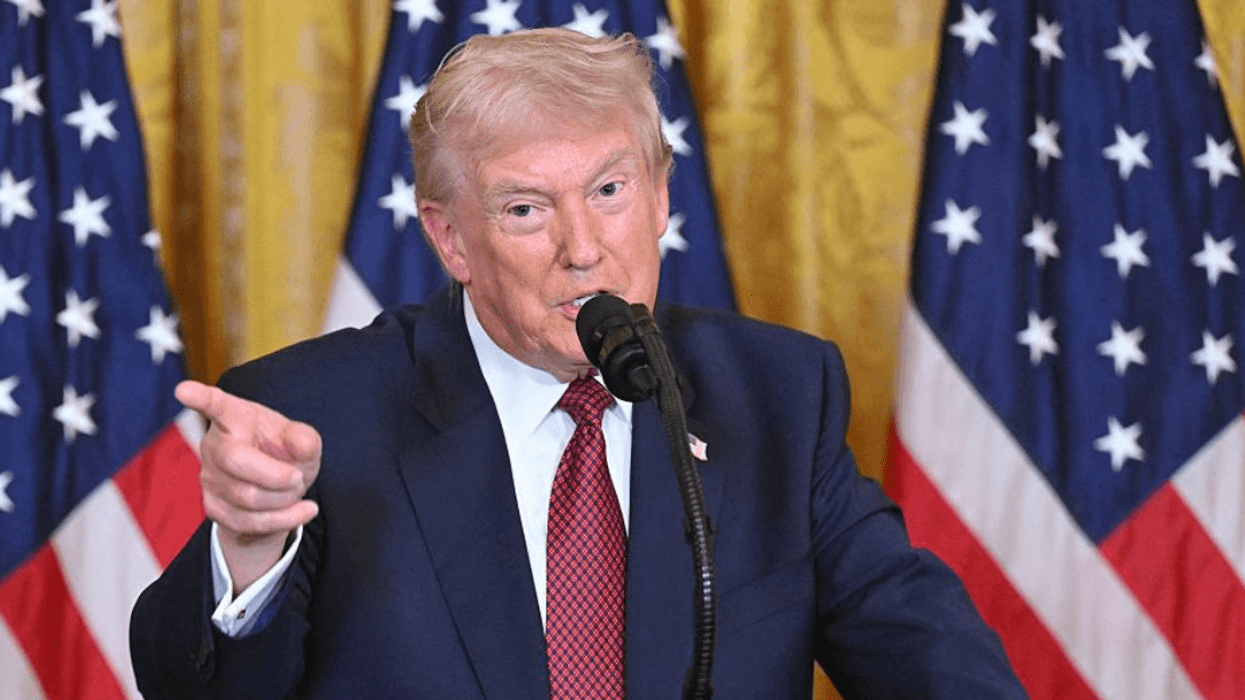A bipartisan quartet of Senators, two Republicans and two Democrats, are attempting to create legislation to protect any special investigations against the power of the presidency. But the Senate Majority Leader, Republican Mitch McConnell of Kentucky, said Tuesday he plans to block any such efforts.
I’m the one who decides what we take to the floor. That is my responsibility as the majority leader. And we’ll not be having this on the floor of the Senate.”
Last week, the Republican Senate Judiciary Committee Chairman, Charles Grassley of Iowa, stated he would bring the bill to hearing and a vote in his committee. That is the first step for most such legislation before it goes before the full senate.
Congressional members spoke of creating such legislation ever since news broke that President Donald Trump wanted to fire Attorney General Jeff Sessions, to subsequently eliminate Robert Mueller. Any actions designed to force Mueller to end his probe of alleged ties between Trump’s campaign and subsequent administration and Russian officials caused concern in congress and among their constituency.
Since last summer, two bipartisan bills were drafted by senators. Democrat Cory Booker of New Jersey and his Republican colleague from South Carolina, Lindsey Graham teamed up on one bill. The other was the product of the partnership of Republican Thom Tillis of North Carolina and Democrat Christopher Coons of Delaware.
Before the Senate Judiciary Committee would review the bills, Senator Grassley asked for only one bill to be presented. The quartet of senators came to a compromise and their combined bill will be reviewed on April 26 per the Iowa senator.
But is there any chance of it going to the senate for a vote?
The compromise bill gives a dismissed special counsel 10 days to appeal his or her firing to a panel of three federal judges, who would ultimately decide whether it was legitimate. During that time, the government could not destroy records or make staffing changes to the team working with the special counsel.
But the GOP repeatedly rejected the idea that Trump would interfere in an investigation of his own administration and have Mueller fired. They also raised constitutional concerns about the powers of the judiciary branch over the hiring and firing practices of the executive branch.
However, once a compromise bill was reached, Senator Grassley remained true to his word to give it fair due in his committee. The senator even proposed his own amendment to address some of the constitutional concerns.
McConnell was less supportive however. Despite repeated reports that the president does want to use his executive powers to halt any investigation into his administration's potential illegal activities, the Senate Majority Leader thinks any legislation to stop that form of interference is unnecessary.
There’s no indication that Mueller’s going to be fired . . . and just as a practical matter, even if we passed it, why would he (President Trump) sign it? This is a piece of legislation that’s not necessary, in my judgment.”
While McConnell may feel the legislation to protect special investigations from the people being investigated is unnecessary, many of the citizens he represents disagree.
















 @LeeMerrittesq/X
@LeeMerrittesq/X @bob_moss/X
@bob_moss/X @jelanijones/Bluesky
@jelanijones/Bluesky @Aurkayne/X
@Aurkayne/X @sadcommunistdog; @froglok/Bluesky
@sadcommunistdog; @froglok/Bluesky